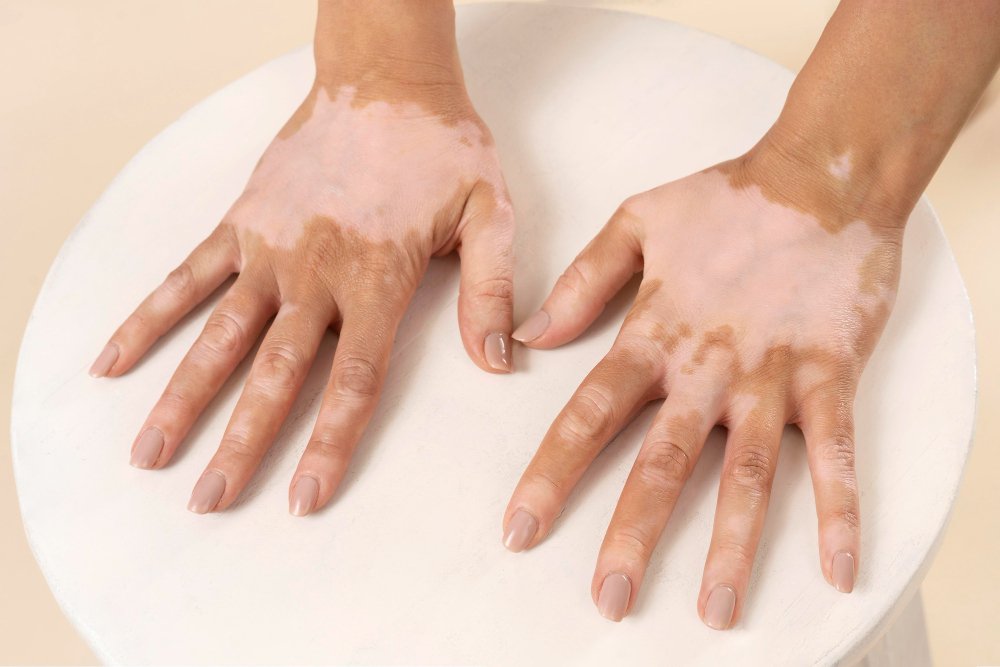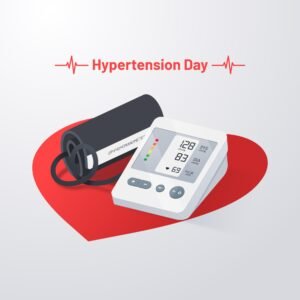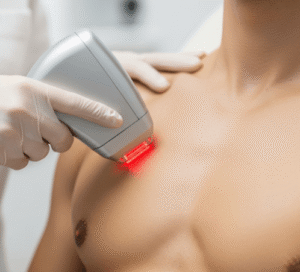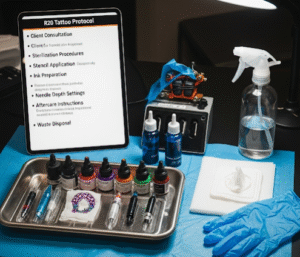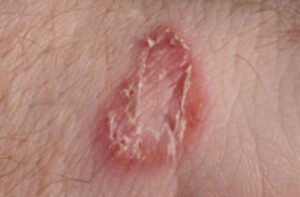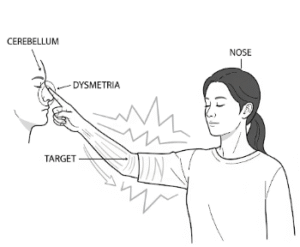Overview
Dystrophic Epidermolysis Bullosa (DEB) is a rare inherited skin disorder that causes fragile skin to blister and tear easily, even with minor trauma. It belongs to the Epidermolysis Bullosa (EB) group of diseases, which are often called “butterfly skin conditions” due to the extreme delicacy of the skin.
In Korea, DEB is recognized as a rare and serious genetic condition. Specialized hospitals in Seoul and major cities are leading in providing advanced wound care, genetic testing, and clinical trials for emerging treatments. The Korean government also supports DEB patients under the rare disease care program, which helps reduce medical costs and provides access to new therapies.
What is Dystrophic Epidermolysis Bullosa?
DEB is caused by mutations in the COL7A1 gene, which is responsible for producing type VII collagen. This protein is essential for anchoring the skin’s layers together. Without it, the skin becomes extremely fragile and prone to blistering, scarring, and infections.
There are two main types:
- Dominant DEB (DDEB) – milder form, symptoms often appear later in childhood or adulthood.
- Recessive DEB (RDEB) – severe form, symptoms appear in infancy, often with widespread blistering, scarring, and risk of life-threatening complications.
Symptoms
- Fragile skin with blisters after minor friction or trauma
- Wounds that heal with scarring and contractures
- Fusion of fingers and toes (mitten deformity) in severe cases
- Nail loss or deformity
- Oral and esophageal blistering leading to swallowing difficulties
- High risk of infection
- Increased risk of aggressive skin cancers (squamous cell carcinoma) in adulthood
Causes
- Mutations in the COL7A1 gene
- Deficiency or dysfunction of type VII collagen, which normally helps anchor skin layers
- Inherited in either autosomal dominant or autosomal recessive patterns
Risk Factors
- Family history of Epidermolysis Bullosa
- Consanguinity (increasing risk of recessive inheritance)
- Carriers of COL7A1 mutations
Complications
- Severe scarring and contractures
- Fusion of fingers and toes
- Malnutrition due to esophageal involvement
- Growth retardation in children
- Chronic infections from open wounds
- Increased risk of skin cancers in adulthood
- Reduced life expectancy in severe forms (especially RDEB)
Prevention
Currently, DEB cannot be prevented, but in Korea:
- Genetic counseling and testing are available for families with a history of DEB.
- Prenatal genetic testing can identify mutations early.
- Early intervention and wound care reduce complications and improve quality of life.
Treatment Options in Korea
Diagnosis
- Clinical examination by dermatologists specializing in rare skin disorders
- Skin biopsy with immunofluorescence mapping to detect missing or defective proteins
- Genetic testing (COL7A1 mutation analysis) available at major Korean hospitals
Medical Treatments
- No cure exists, but supportive treatments help manage symptoms:
- Advanced wound dressings (non-adhesive, hydrocolloid, silicone-based)
- Antibiotics for infection control
- Pain management medications
- Nutritional support for esophageal involvement
Surgical & Advanced Therapies
- Esophageal dilatation surgery for swallowing difficulties
- Hand surgery to release contractures and mitten deformities
- Skin grafts and reconstructive surgery for severe wounds
- Experimental gene and protein therapies – Korean researchers are participating in global trials for gene editing and stem cell treatments for DEB.
Rehabilitation & Support
- Physical therapy to maintain mobility and prevent contractures
- Nutritional therapy for children with swallowing difficulties
- Psychological support for coping with chronic pain and visible skin deformities
- Patient support groups (such as DEBRA Korea) provide resources and advocacy.

